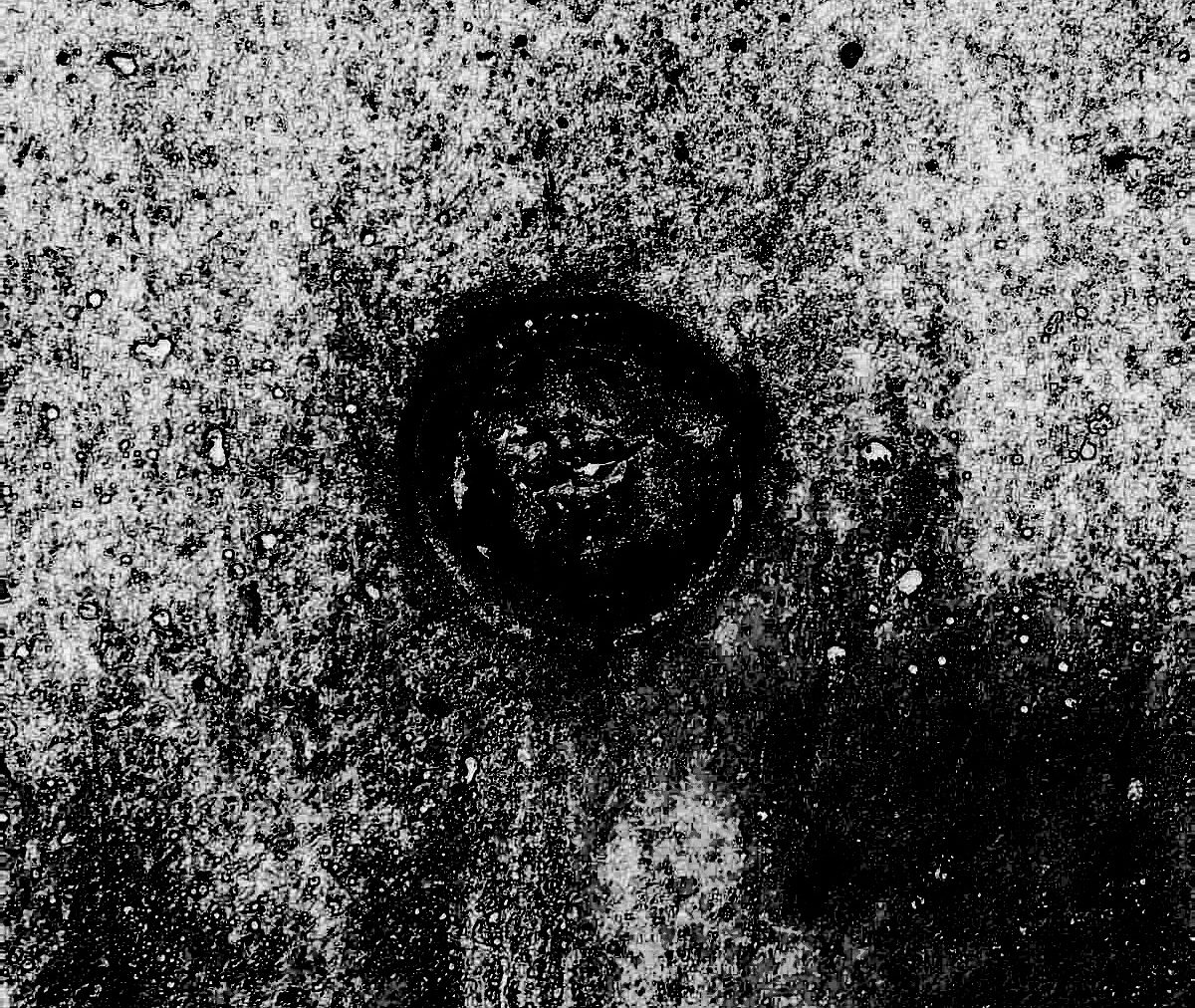In Being and Nothingness, Sartre defines consciousness as nothingness and nothingness as freedom. It is in this togetherness of consciousness and freedom that “anguish” is introduced. Sartre argues that freedom renders consciousness anguished and that “we are anguish”.
Anguish and responsibility
“Anguish is precisely my consciousness of being my own future, in the mode of not-being”
Sartre, Being and Nothingness
Anguish arises from out of the realization that one is responsible for one’s actions, decisions, and choices, from out of the realization that it belongs only to oneself to determine one’s future. One is neither decided nor determined, but rather deciding and determining. This responsibility leads to anguish.
The individual realizes that there is complete freedom, glimpses the absolute responsibility belonging to this freedom, and thus bears its heavy weight. The individual becomes anguished.
Consciousness, for Sartre, is always separated from itself, it is a distance linked together by its apartness; it is what it is not, and is not what it is. This distancing separated-ness means that there is a space between the present of the “for itself” and its own future, between one’s essence and one’s existence, and that there exist infinite possibilities in this distance for the “for itself”, awaiting the attempts of the free and responsible individual to be actualized.
Anguish in the face of the future
The “for-itself” experiences anguish in the face of the future when it realizes the distance separating its present from its future. This distance, in which infinite possibilities dwell, means that there is nothing compelling oneself to do anything.
There are possibilities from which one chooses; and there is no compulsion. “if nothing compels me to save my life, nothing prevents me from precipitating myself into the abyss”. This is more than a mere decision; it is the forming and defining of one’s life, forever. Anguish arises here because the “for-itself” always searches for that which binds it to a certain plan, action, or decision, but it cannot find that for which it searches; it is free, faced with infinite possibilities, and bears the heavy weight of responsibility.
Anguish before the past
The “for-itself” experiences this anguish when it is faced with the decisions that it made in the past. Sartre gives an example of a gambler who has made a decision to stop gambling, and then finds a gambling table.
The gambler, faced with the gambling table, attempts to confirm the decision to stop gambling by remembering the past resolution, but what is encountered is neither the decision nor the resolution, but rather the realization that there is nothing binding in yesterday’s decision. A new decision must be made.
Anguish arises here because the gambler realizes the complete freedom of the “for-itself”, the freedom to gamble or not to gamble. The present of the “for-itself” is decided neither by its past nor by its future. The “for-itself” is free and thus responsible.
“We are always ready to take refuge in a belief in determinism if this freedom weighs upon us or if we need an excuse. Thus we flee from anguish by attempting to apprehend ourselves from without as an Other or as a thing”
Sartre, Being and Nothingness
For more articles on Sartre’s philosophy, read What does Sartre mean by “being in-itself”? And Why did Sartre refuse the Freudian Unconscious?

